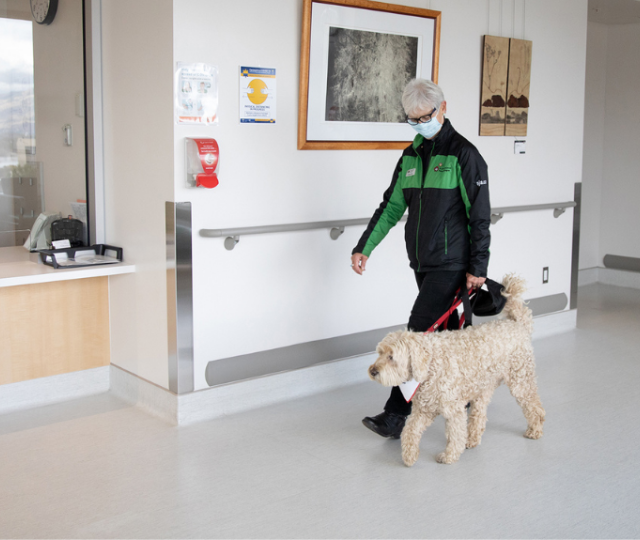Getting discharged from hospital
Planning for your discharge from the hospital starts well before you actually leave. In fact, we start planning for your return home as soon as you come into the hospital. We regularly meet to review your treatment and recovery. We will work to have you discharged as early in the day as possible.
Some patients need further health care such as community nursing, care at another hospital or rehabilitation services; your health-care team will work with you to help plan your discharge and any additional care that is required. We are here to help you improve your ability to manage your care needs and your transition to home or community to continue your recovery.














